If you’re dealing with a wet basement or a soggy lawn, you might want to look into installing a French drain. While it’s not necessarily a “quick fix,” a French drain can be a smart investment to keep your home and yard dry. Here’s what to know before you dig.
What are French drains?
French drains are trenches that redirect surface water and groundwater in your yard away from a particular area. The trench is typically filled with rocks or gravel, which surround a perforated pipe.
With a French drain, unwanted water travels through the pipe and empties a safe distance from your home or business.
How do I know if I need a French drain?
You’ll know you need a French drain if water is an issue in your house. The most common problem is water getting into your basement. Also consider a French drain if standing water outside of your home is an issue.
Another instance in which you’ll want to consider a French drain is if you’re building a retaining wall on a hillside.
A French drain can alleviate water issues by redirecting the water to a lower-lying area of your property, the street, a drainage ditch, a dry well or some other place.
How is a French drain installed?
While it’s possible to tackle a DIY French drain project, most people opt to hire a contractor. There are three different styles of French drains:
- A shallow French drain that extends horizontally across your property to channel water away from an area. This is a good option if you’re only dealing with surface water.
- A deep French drain that extends all around your house and blocks water from entering your basement. This is something you’ll want to consider if water is getting into your basement.
- An interior French drain that intercepts water that enters your basement. This is another option worth considering if water is getting into your basement.
What is the average cost to install a French drain?
Deep French drains and interior French drains are generally more expensive than shallow French drains. No matter which option you choose, it is easier and cheaper to install French drains when a house is being constructed rather than after it’s been constructed.
The average cost to install a French drain varies depending on the size of your basement and whether your home is finished or unfinished. In general, it costs several thousand dollars to install a French drain. Many contractors will include the cost of a sump pump in the price.
Where did the name come from?
The “French” in French drain has nothing to do with the home of the Eiffel Tower at all. Rather, the drain is named after the inventor Henry Flagg French.
Does homeowners insurance cover flood damage?
Standard homeowners policies exclude damage from flooding. To get protected, you’d need to purchase a separate flood insurance policy.
At ERIE, we believe in bringing peace of mind to our customers, which is why we also offer our Extended Water endorsement.1 This endorsement is designed to offer protection for your home in the event of a sewer or drain backup (additional Water Backup endorsement needed in North Carolina), or from flooding such as inland flooding, tidal water, storm surge or mudflow and mudslide.
When you’re with ERIE, we want you to feel confident in understanding how your insurance works and knowing what kind of coverage is the best fit for you.
Talk to an insurance professional like a local Erie Insurance agent to ask any questions and get a free quote today.
ERIE® insurance products and services are provided by one or more of the following insurers: Erie Insurance Exchange, Erie Insurance Company, Erie Insurance Property & Casualty Company, Flagship City Insurance Company and Erie Family Life Insurance Company (home offices: Erie, Pennsylvania) or Erie Insurance Company of New York (home office: Rochester, New York). The companies within the Erie Insurance Group are not licensed to operate in all states. Refer to the company licensure and states of operation information.
The insurance products and rates, if applicable, described in this blog are in effect as of January 2024 and may be changed at any time.
Insurance products are subject to terms, conditions and exclusions not described in this blog. The policy contains the specific details of the coverages, terms, conditions and exclusions.
The insurance products and services described in this blog are not offered in all states. ERIE life insurance and annuity products are not available in New York. ERIE Medicare supplement products are not available in the District of Columbia or New York. ERIE long term care products are not available in the District of Columbia and New York.
Eligibility will be determined at the time of application based upon applicable underwriting guidelines and rules in effect at that time.
Your ERIE agent can offer you practical guidance and answer questions you may have before you buy.





